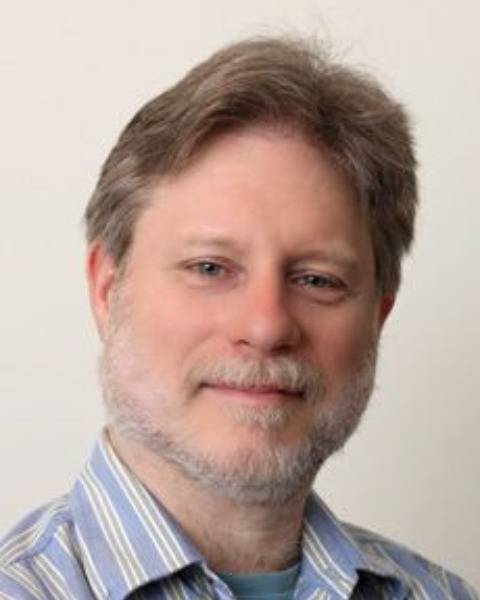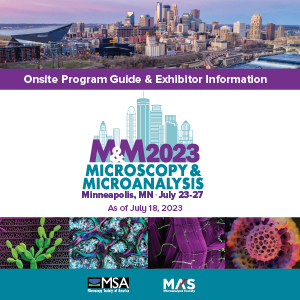
John J. Donovan
President
Probe Software, Inc.
University of Oregon
John Donovan is the former Director of the MicroAnalytical Facility at the CAMCOR integrated science laboratory at the University of Oregon where he started in 2002.
Additionally, John is the president of Probe Software, a company that publishes software for Electron Probe MicroAnalysis EPMA acquisition, automation and analysis. He has been an active contributor in the field of microanalysis for over 30 years and his publications focus on the development and optimization of quantitative wavelength dispersive X-ray spectrometry.
John has blazed a non-traditional path to becoming an innovator and leader in the EPMA community, beginning with 26 years of technical service at the University of California at Berkeley. During his first 10 years he worked at the Lawrence Berkeley Laboratory’s Heavy Ion Linear Accelerator developing sputter ion sources. He spent the next 16 years in the UCB Earth and Planetary Science department where he supervised the mechanical, electronic shops and technical laboratories and eventually becoming supervisor of the electron microprobe laboratory there.
John’s many contributions to the field are centered about methods to improve the accuracy and precision of X-ray microanalysis measurements, including: spectral interferences, peak shape and shift characterization for light element and chemical state analysis, matrix corrections, continuum modeling, and secondary fluorescence effects in polyphase materials. He was the first to reliably estimate, and correct for, the time dependent effects observed in beam sensitive samples in real time. His most recent efforts involves characterizing and correcting for systematic artifacts in the X-ray continuum by means of quantitative blank corrections and iterative multi-point background acquisition and regression methods to further improve the accuracy of trace element analysis.
John holds a courtesey appointment with the Department of Geosciences and is actively engaged in raising public awareness regarding scientific issues and lectures on such topics to general audiences
Poster(s):
-
Monday, July 24, 20233:00 PM - 5:00 PM US CSTWednesday, July 26, 20233:00 PM - 5:00 PM US CST

